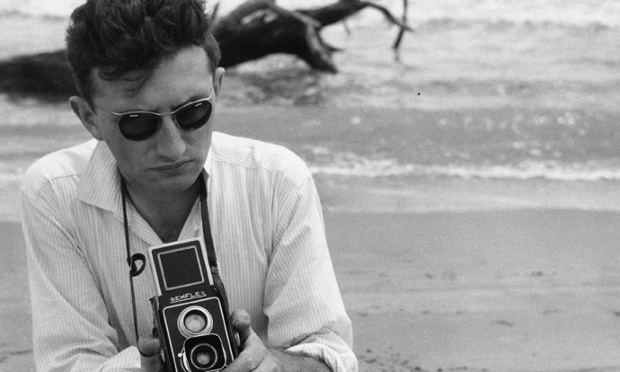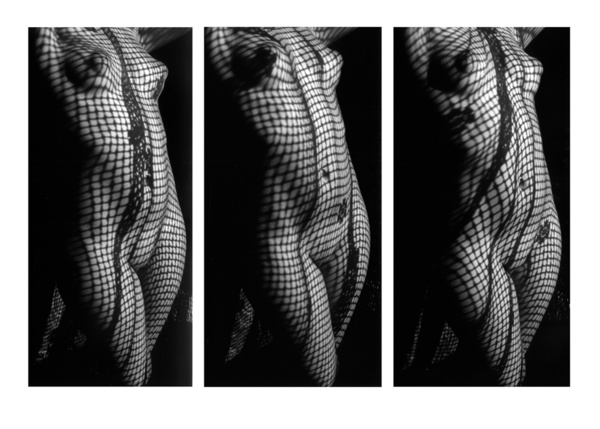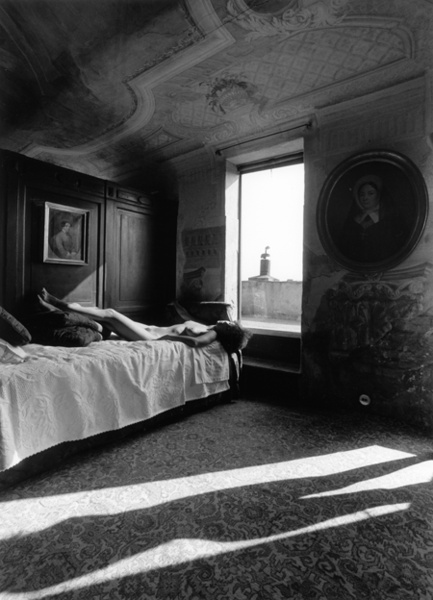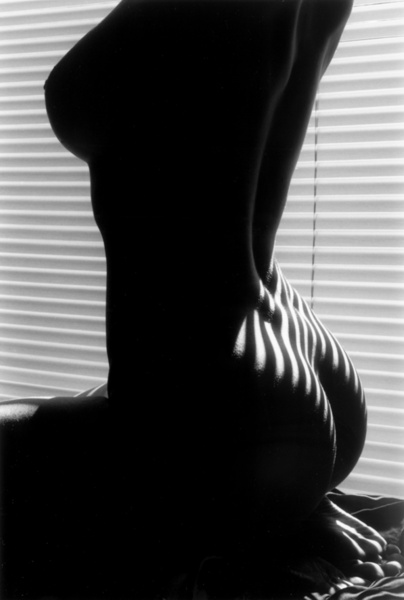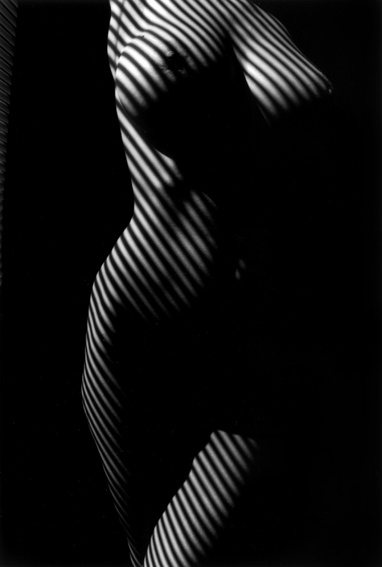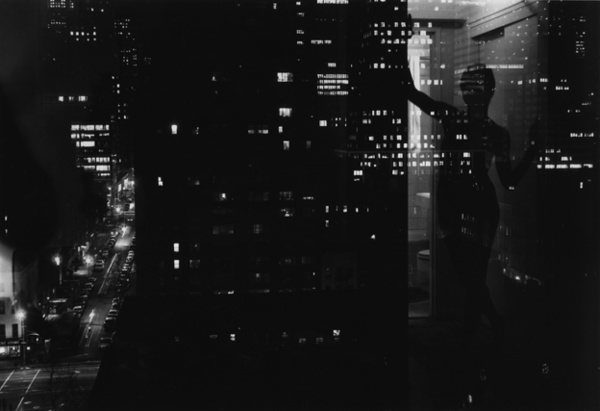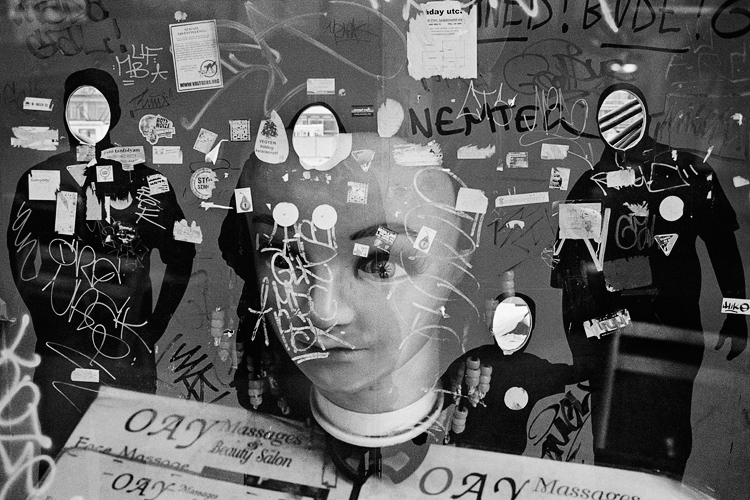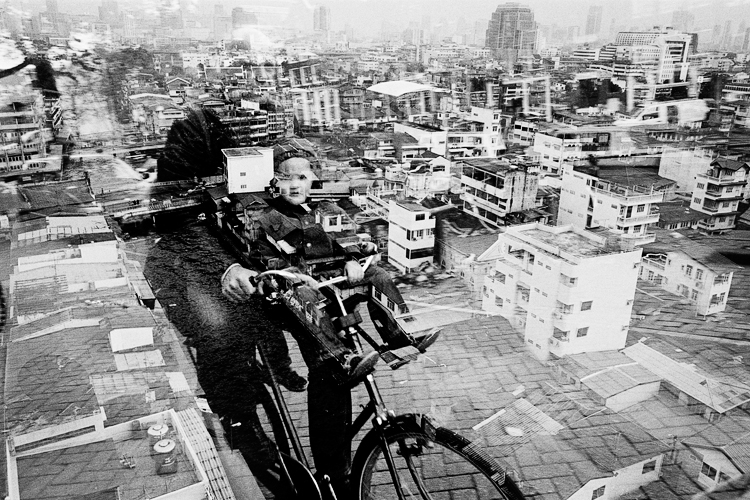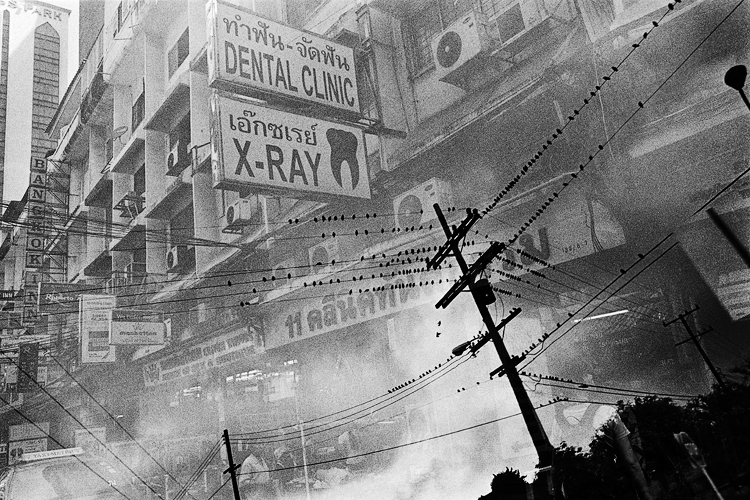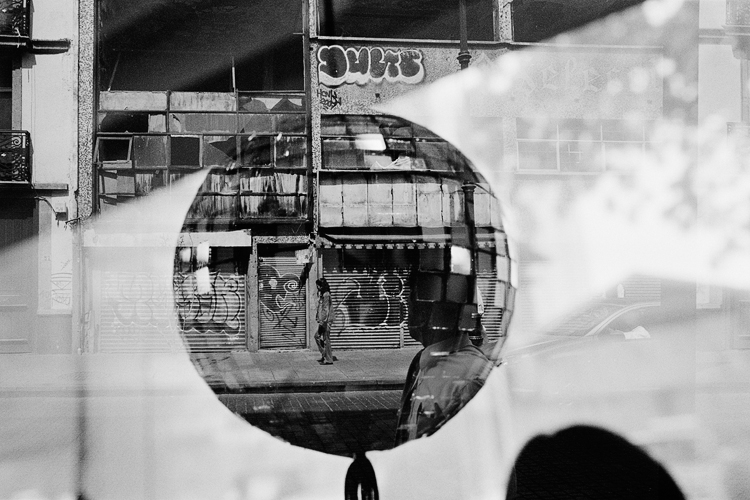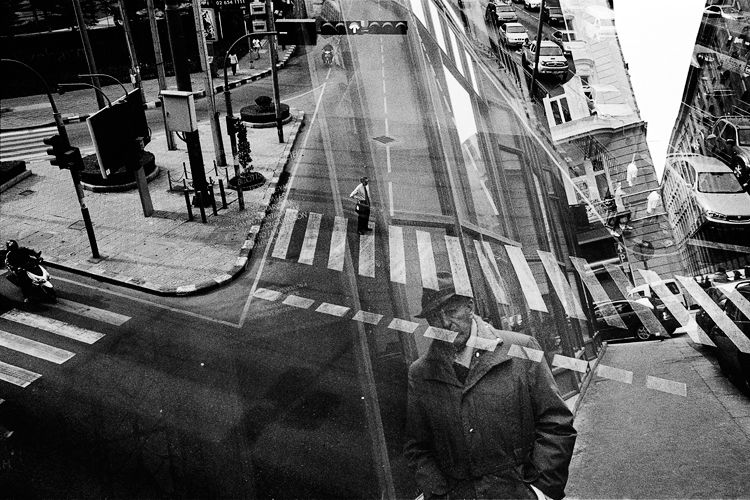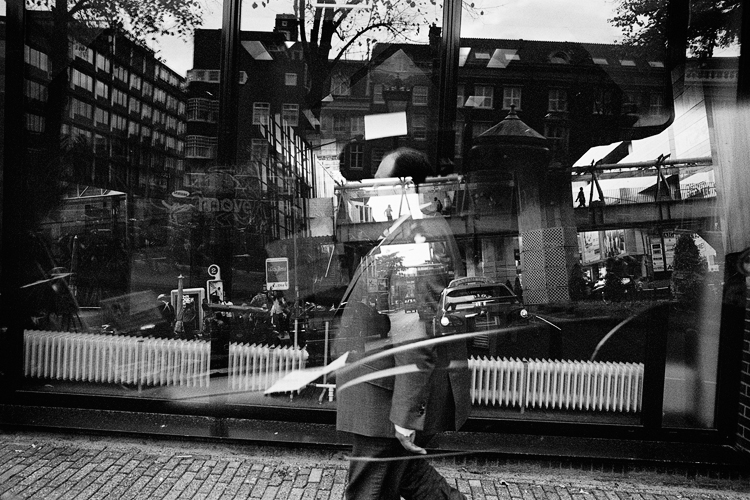Lucien Clergue (1934–2014) was a filmmaker, author, and photographer known for his masterful compositions and innovative use of light and shadow. Born in Arles, Clergue initially studied the violin before picking up a camera for the first time in the early 1950s. During the early part of his career, the artist befriended Jean Cocteau and Pablo Picasso, both of whom supported his work. In particular, Clergue’s photographs of Picasso, with whom he formed a lifelong friendship, would become iconic, along with his images of bullfighting, gypsies, and nudes, all of which explore themes of life and death.
In the 1960s, he became increasingly involved in filmmaking, producing dozens of films over the course of his career, and was nominated for an Academy Award for his documentary Delta del Sel in 1967. In addition, he traveled to the United States for the first time in 1961, where he was deeply influenced by the American landscape and the photographs of artists such as Edward Weston and Ansel Adams. In addition, his time spent in the US inspired Clergue to establish the Arles Rencontres Internationales de la Photographie, a festival held in Arles incorporating theater, dance, music, and art, and which played an important role in establishing France’s prominence in the global photography market.
In 2003, Clergue was named a knight of the Légion d’honneur, and received the 2007 Lucie Award. He also went on to become the first photographer elected to the Académie des Beaux-Arts in Paris, where he served as president in 2013.
The artist died in Nîmes at the age of 80
